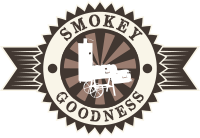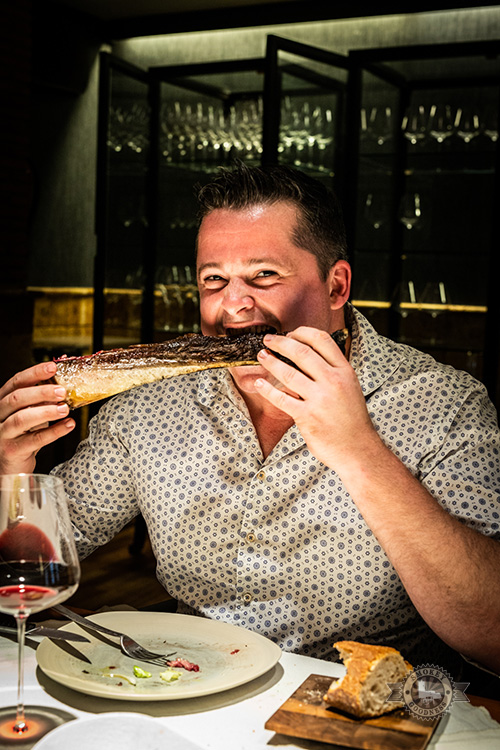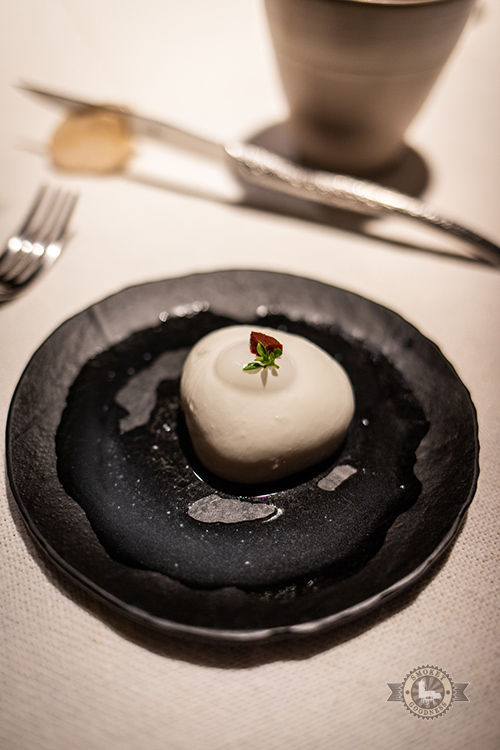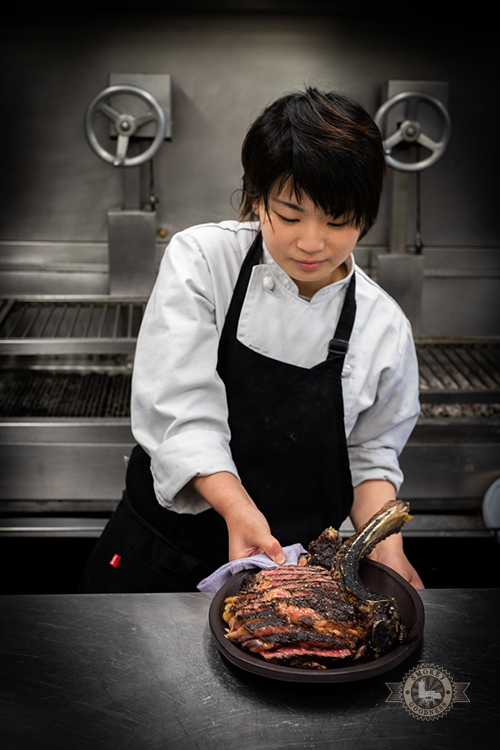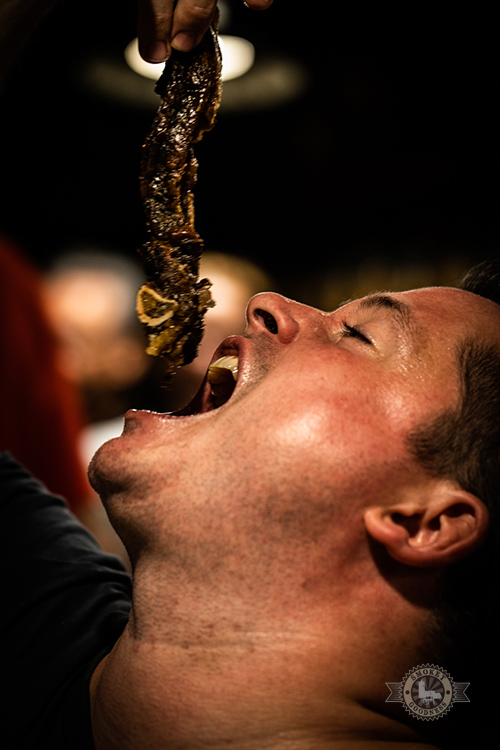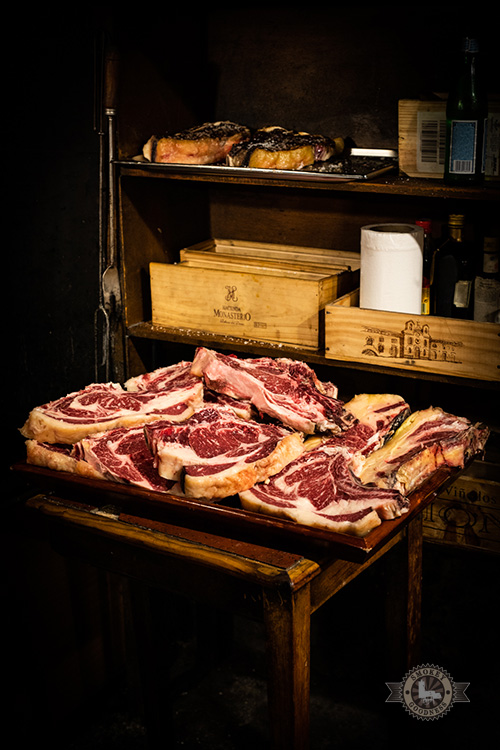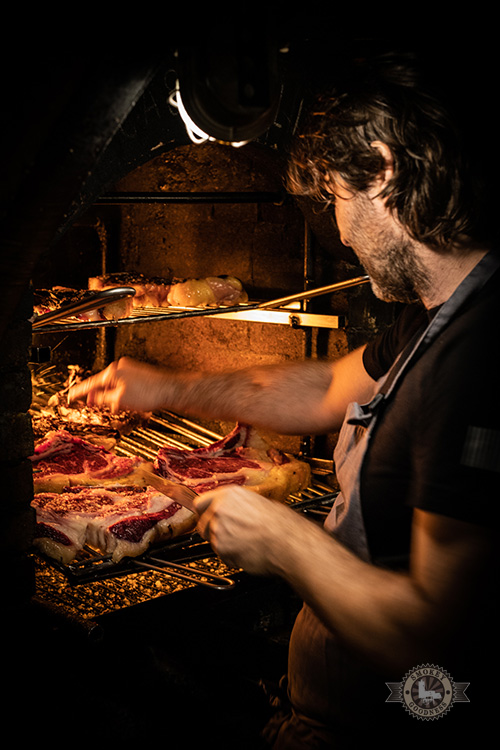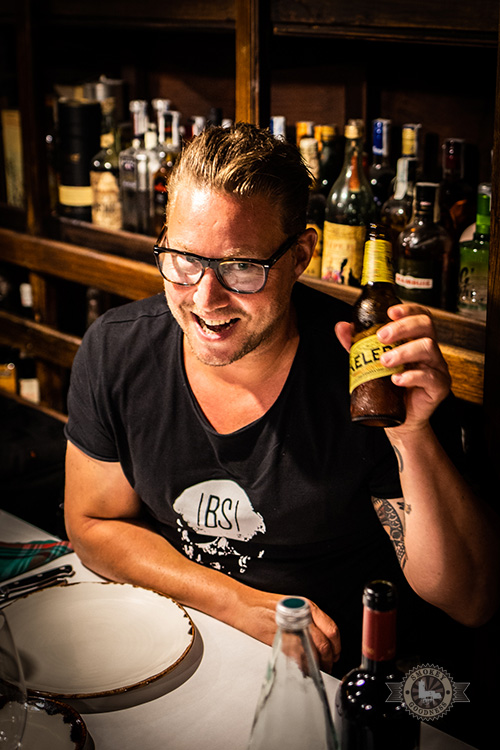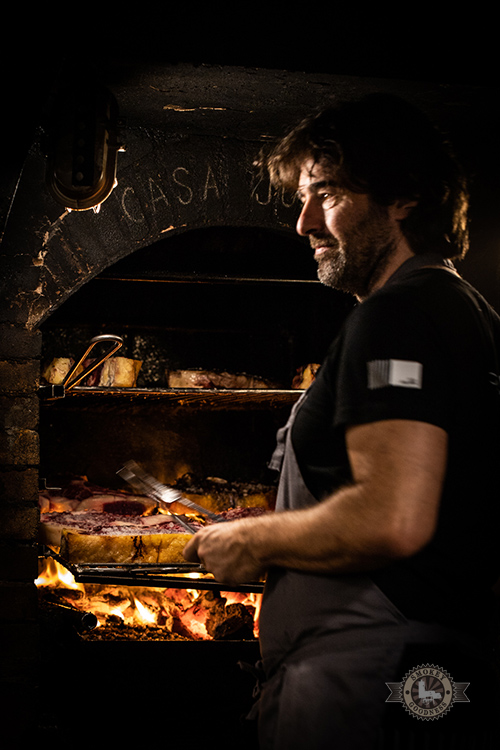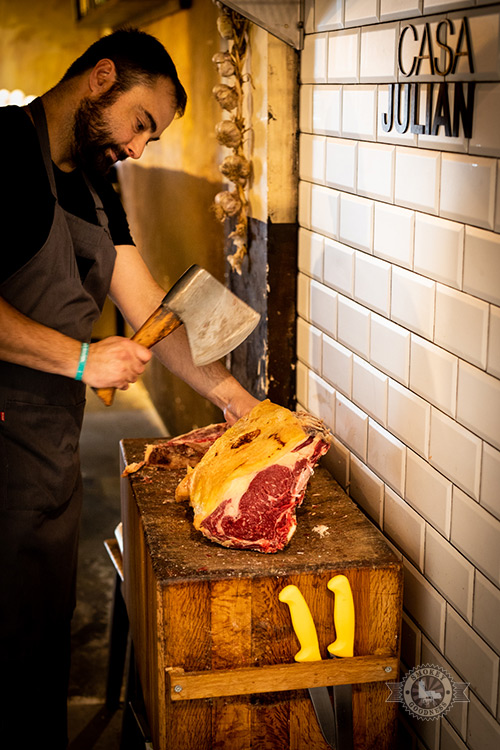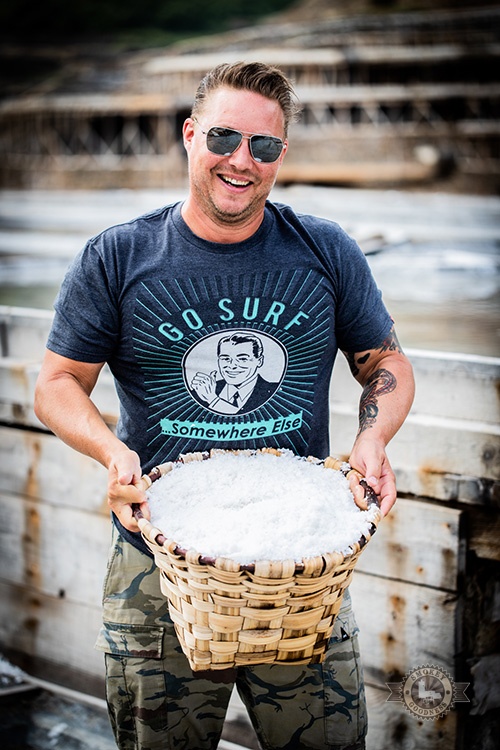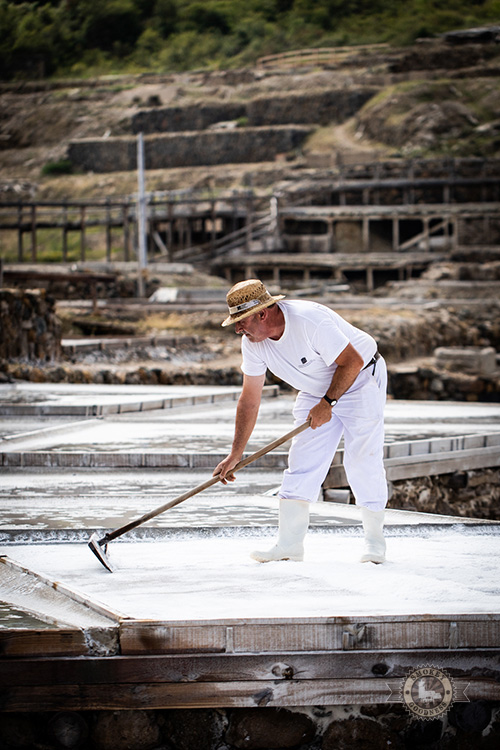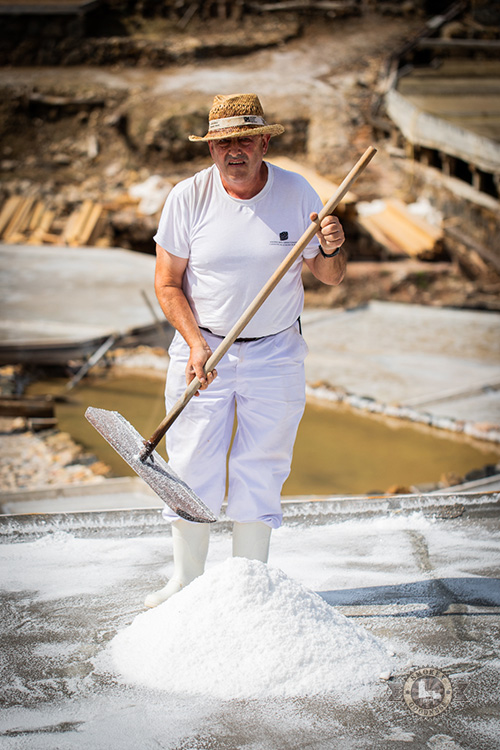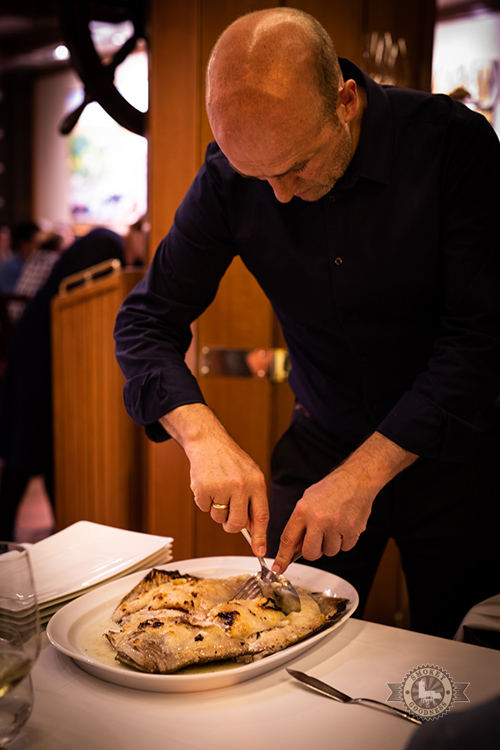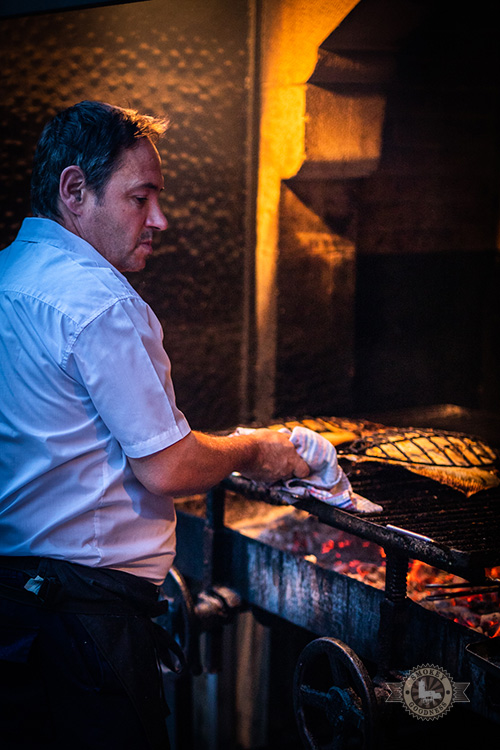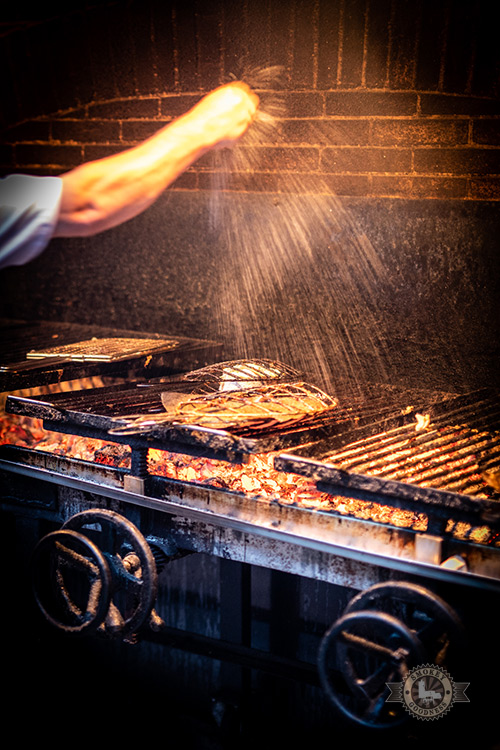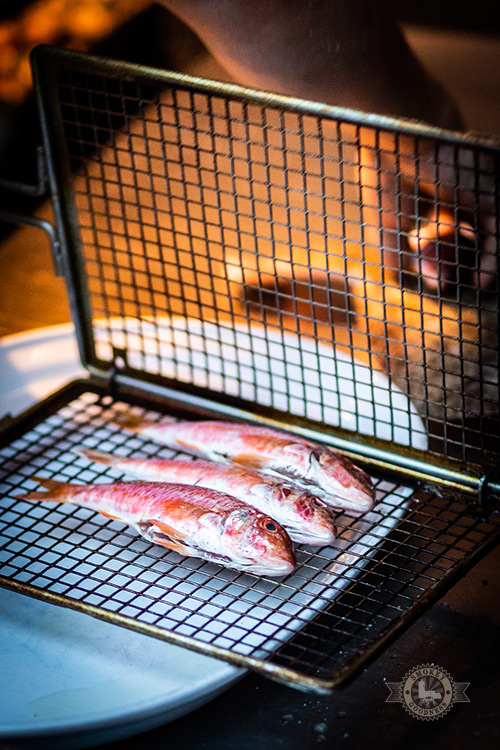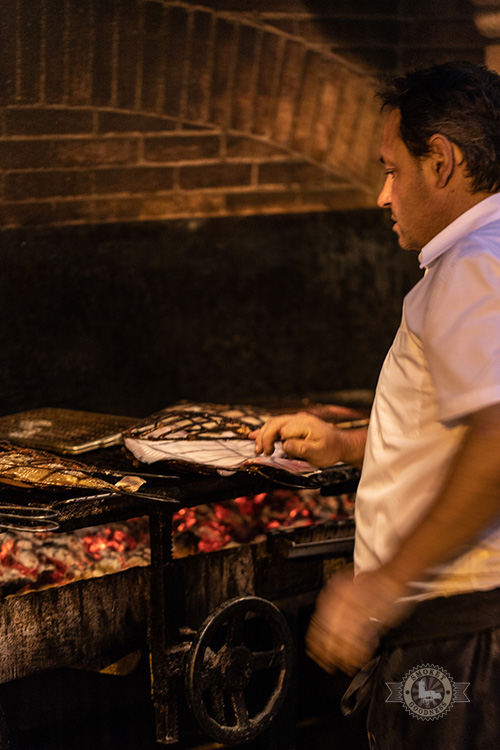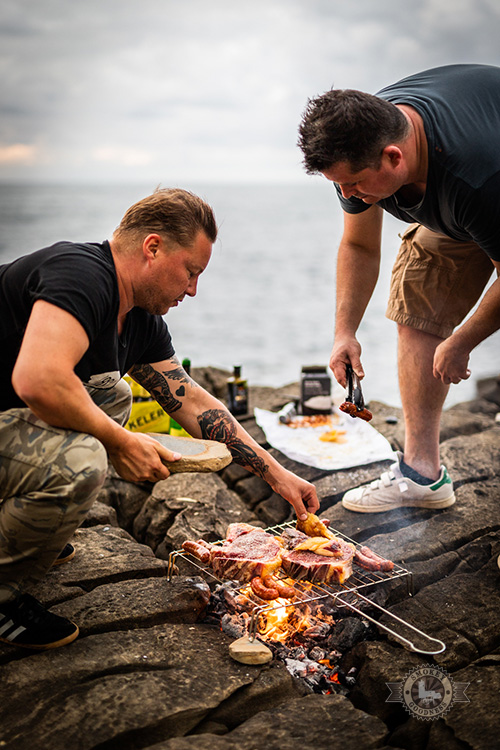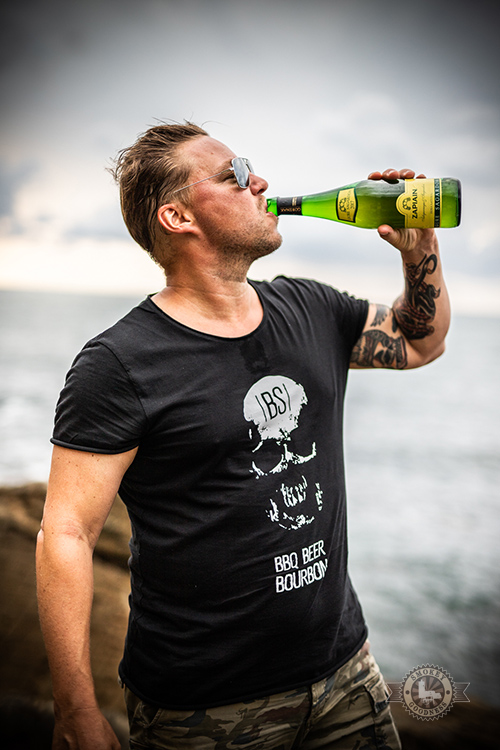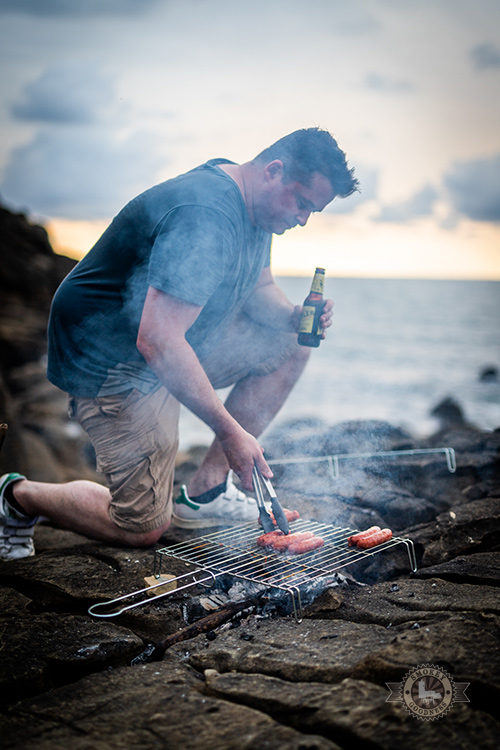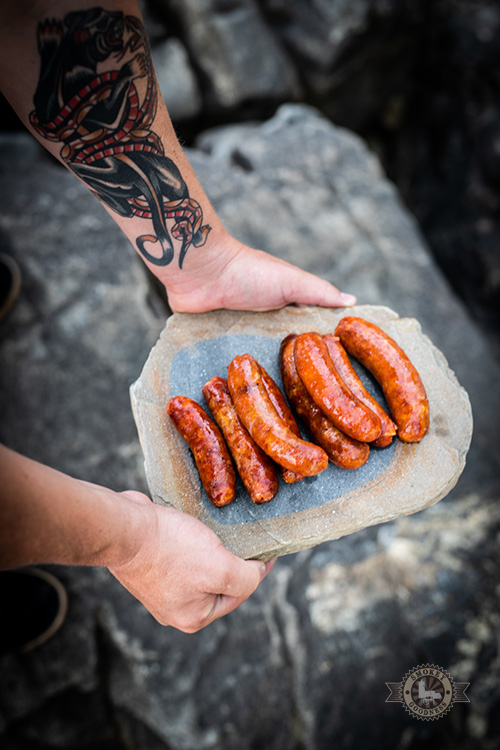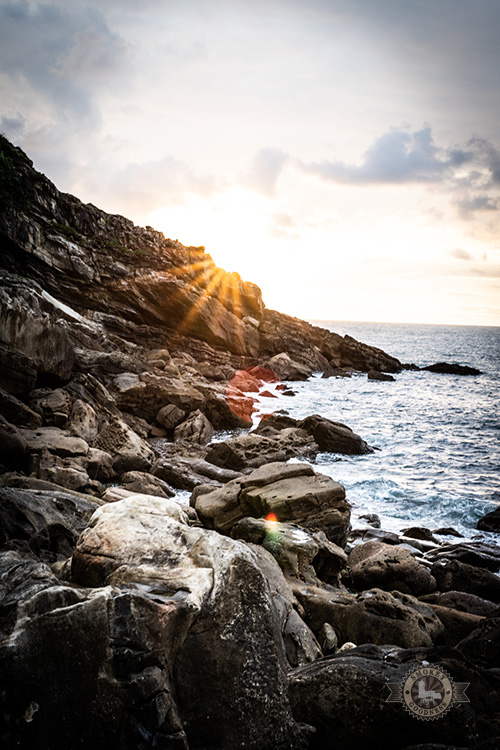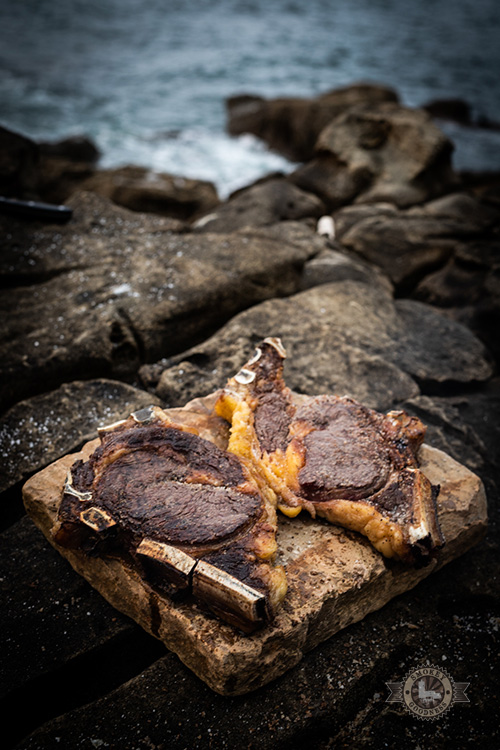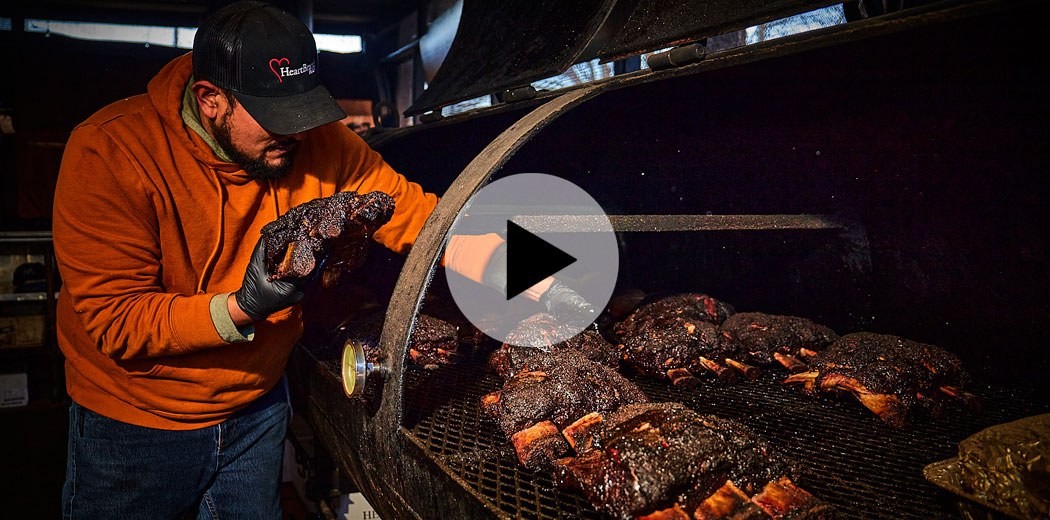Basque BBQ A Black Smoke adventure
Continue reading below image
ASADOR ETXEBARRI – THE BEST BASQUE BBQ
They say you should save the best for last, well that was clearly not the case here. As soon as the wheels of the airplane touched Spanish ground, we immediately headed to Asador Etxebarri, a BBQ restaurant in Atxondo. This restaurant is not your ordinary BBQ-joint. Here all food is cooked on custom grills fueled by wood burned down to small embers and is listed as 3rd best restaurant worldwide on the prestigious ‘the worlds 50 best restaurants’ list. Not only making this the best Basque BBQ restaurant but for many the best BBQ restaurant in the world. No, they don’t do brisket and they certainly don’t do ribs but when you see what you do get you truly don’t regret coming here. They cook a wide range of local produce and keep their dishes absolutely minimalistic. Head chef Victor Arguinzoniz prides his kitchen for bringing out the natural flavors amplifying them with only the slightest hint of fire and smoke. An elaborate lunch was enjoyed after which a short interview could be held in the kitchen so Victor could be grilled with questions about his unique culinary approach and use of fire in his cooking.
TXULETÓN, IDEAL HANGOVER KILLER
After the lunch at Asador Etxebarri (which lasted from 14:00 till 21:00 hours) a late-night snack and some drinks were enjoyed in the local town. Make that a lot of snacks and drinks because the next day we all woke up with a mayor hangover. Having skipped breakfast, we drove to Casa Julián in the small village of Tolosa. A landmark for enjoying the beef specialty of the Basque region: the Txuletón. A txuletón (or Chuletón in traditional Spanish) is a type of steak that is familiar to a bone-in Ribeye or côte de boeuf of at least 2 pounds (1kg) made from local, old and fat cows. Yes, you are reading that right, old and fat cows. Where in most of the world cattle meant for meat consumption is slaughtered at two years old, here cows live for at least eight years and some even go up to twenty years before ending up on the grill. The combination of a long life on a grass-fed diet and the dominantly used cow breeds grazing the mountains pastures result in a rich, decadent highly marbled steak. Yes, because of the old age it is definitely a steak that requires a tougher chew then average, but the flavor you get from these steaks are unparalleled. Casa Julián has been around for decades. Currently run by two brothers who are now the 3rd generation meat craftsmen in their family use local traditions when it comes to cooking their steaks. This means using a wood fired grill and seasoning the steaks heavily with coarse sea salt before grilling. This giving them a quick dry brine before hitting the grill. On the grill most of the salt falls into the embers resulting in a perfectly seasoned steak on your plate. It was a feast to watch the brothers chop the steaks on the butcher block, sprinkling them with salt, tending the fire and serving perfectly cooked txuletons. But there was no time to linger, the Basque area was yet to be explored further.
CENTURIES OLD SALT
Being inspired about the way salt was used in their cooking at Casa Julián a visit was made to the traditional salt winnings at Valle Salado de Añana. Amidst a valley in the Basque region alongside a small town here you’ll find a miles long intriguing construction of wooden waterworks and terraces. Water from a natural spring brings up salt that was deposited by a retreating sea over 200 million years ago. The water is captured on the various terraces where the sun evaporates the water and leaves salt crystals behind. These are then manually gathered resulting in the purest and uncontaminated salts in the world. Walking around the various terraces you will even find that some are owned by the world’s best restaurants. Amazed by the simplicity and the fact that they have been collecting salt in this manner for over 7.000 years at this location we simply had to swing by the gift shop to stash up on some precious goodies.
ELKANO
Having stocked up on salt we drove on to the town of Getaria for a visit to Elkano, a Michelin starred fish restaurant specialized in grilling whole turbots. As soon as you arrive at the restaurant you see the kitchen in action, this is easily done as the grill is placed on the outside patio right next to the entrance. Here you see one man loading many fish baskets with a wide array of fish, from small red mullets to huge whole turbots. All are carefully grilled while being flipped numerous times and continuously sprayed with a certain liquid of which the ingredients remain a restaurant secret. Dining here is a unique experience; never before did we discover so many insights about a single fish. As your grilled turbot is carved at your table you receive a mini lecture about all the aspects of what makes a great grilled fish. What season produces the best quality, at what depts should the fish be caught, the influence of the seasons and how the fish should be grilled differently year-round and how the taste of the fish is influenced by the seasonally changing diets of the turbot are just a few of the insights that come with the dish. One unique thing that made a big impression is when we were shown how you can determine the age of the turbot. Like with trees the bones from their spine have rings, each ring is a year in the life of the fish and the thickness of the ring tells you how well the fish ate in that year. From the carved fish you are presented with a culinary tasting experience. Carefully the fish is plated so that you can experience and taste all the different flavors and textures this unique fish has to offer. A visit to Elkano showcases that true Basque BBQ has much more to offer then just grilled meat.
SEASIDE GRILLING AT SUNSET
Having seen all the Basque BBQ chefs in action we were itching to get our own BBQ going. We took a trip to the nearby town and visited the local butcher to get our hands on a Txuletón, some sausages and an assortment of charcuterie. From another store we got some bread, cider, beer, wine and a few basic BBQ things like charcoal and a simple grill grate. We drove to the coast and as the sun set in the ocean, we cooked the steak as we were taught at Casa Julián whilst devouring our other treats. We looked back at incredible trip where we were once reminded that good food can be found in the simplicity of things. No fancy tricks or complex cooking methods are required when you work with quality ingredients like they have in abundance in the Basque region. A philosophy we also adhere in our own Black Smoke restaurants.
